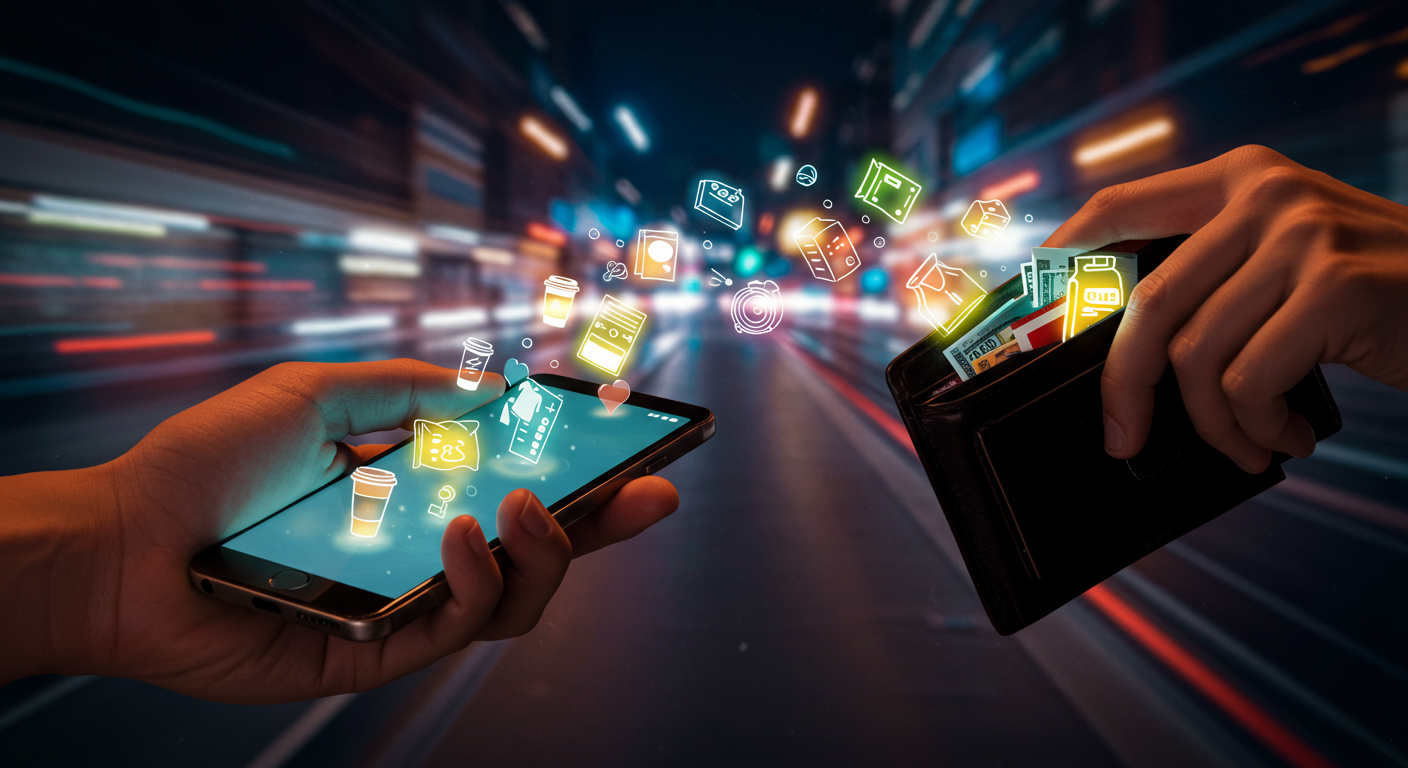Quick commerce has changed the way people shop. You can get groceries in 15 minutes, a new outfit in less than an hour, and food delivered before the coffee cools. It’s a master class in lowering marketing barriers. However, this has an unspoken cost: consumers are tempted to spend more than they need to.
The Allure of Problematic Convenience
Rapid delivery platforms capitalize on convenience to drive sales.
- Zero-Delay Buying: People have less time to decide if they need something when it is available so quickly.
- Impulse Amplification: Push notifications and one-click checkouts encourage people to buy things without thinking about their spending.
- Emotional Spending Triggers: Quick commerce thrives on being convenient when emotions are high, such as when you’re bored, hungry, or stressed.
Why This Matters for Brands
Overspending might seem like a good way to make money in the short term, but it hurts trust in the long run. Eventually, people notice patterns of regret, which can damage brand trust and make them less sure that a brand is looking out for their best interests.
The Ethical Growth Challenge
Now, marketers have to deal with a two-edged sword. They must make it easy for people to buy things to boost sales, yet they also need to encourage careful usage to protect the value of their business.
The brands that handle this stress the best do the following:
- They add spending limits or “cool-off” periods for people who buy a lot on a whim.
- They build loyalty programs that reward planned buying, not just frequent purchases.
- They create stories about value that explain why and when to buy.
The Psychology at Play
The “scarcity + instant gratification” cycle benefits fast-paced businesses. When both are present, buyers get immediate gratification, but their post-purchase rationalization is often poor. High customer attrition and unfavorable sentiment await companies that choose to disregard these behavioral repercussions.
While convenience is advantageous, unchecked convenience can incur significant costs, affecting both consumer finances and a brand’s long-term growth. The forthcoming phase of quick commerce will be defined not by delivery speed, but by the degree of responsibility brands show in promoting customer purchases.






Comment
No comments found.